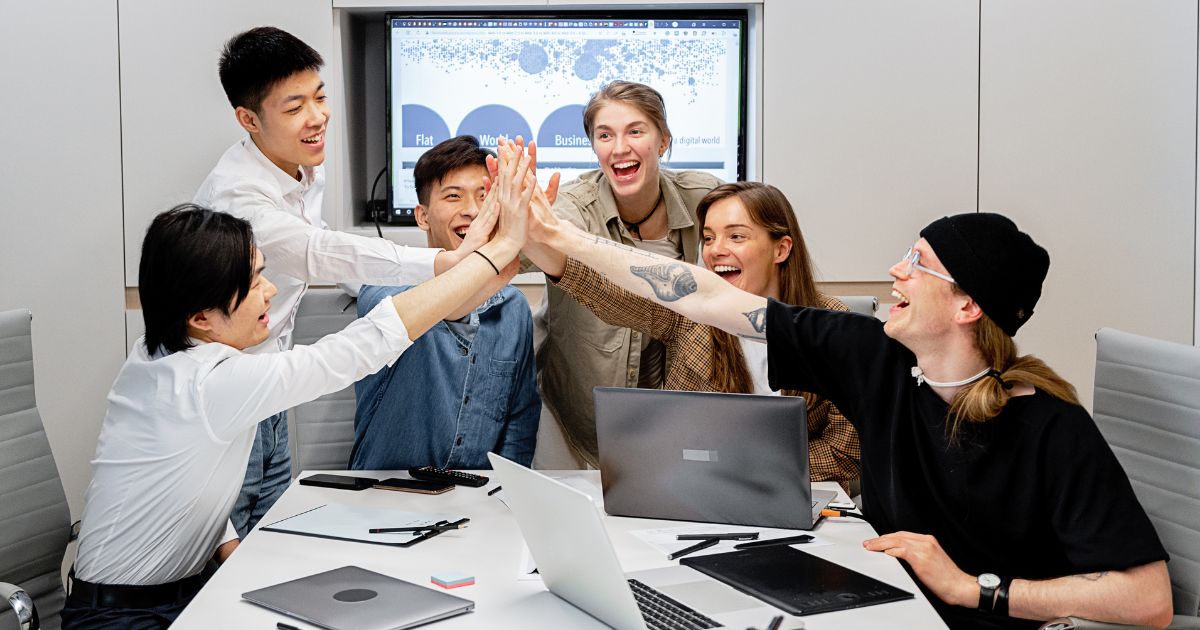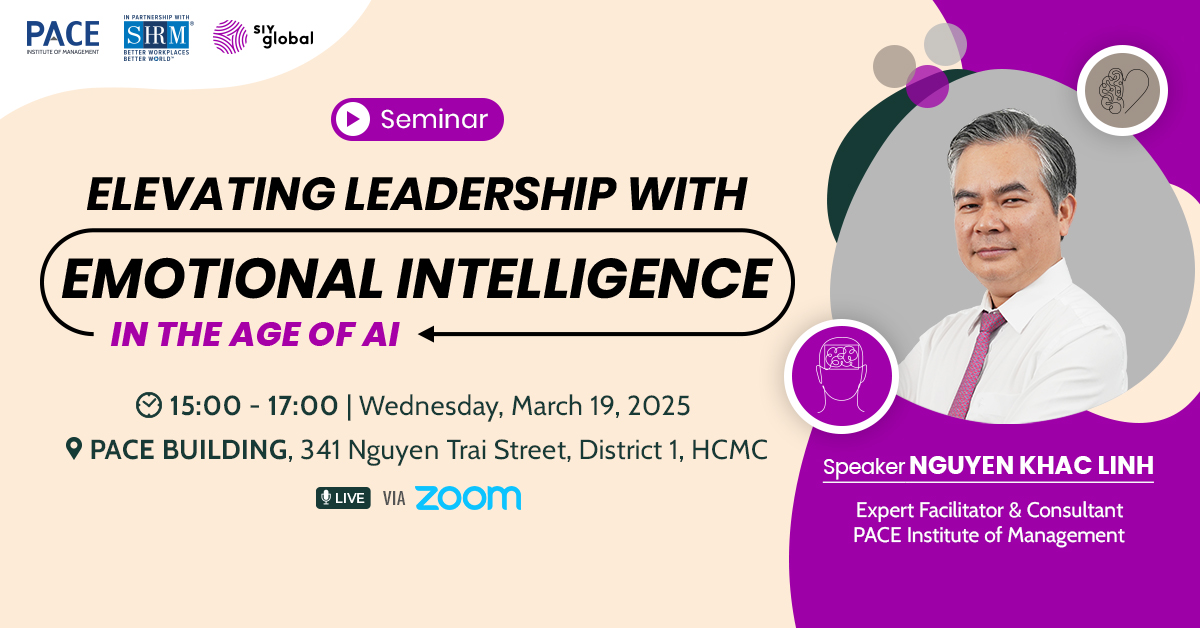RESOURCES
-
 Articles | 21/07/2025
Articles | 21/07/2025What is a Happiness Culture? Its Impact and How to Build It
A culture of happiness serves as a foundational pillar for retaining talent, fostering motivation, and promoting sustainable organizational growth. View more
-
 News | 03/02/2025
News | 03/02/2025Seminar: ELEVATING LEADERSHIP WITH EMOTIONAL INTELLIGENCE IN THE AI ERA
Humanity is entering a new era where Artificial Intelligence (AI) is reshaping how we work, lead, and connect with teams. View more
-
 Articles | 13/11/2019
Articles | 13/11/20195 REASONS YOUR COMPANY SHOULD BE INVESTING IN MINDFULNESS TRAINING
Research on this practice shows that meditation and mindfulness training more generally offer businesses a real ROI. View more
-
 Articles | 17/09/2024
Articles | 17/09/2024Want to increase trust in your leadership abilities?
If you’re in a leadership role in the modern workplace, you probably know the feeling: you’re balancing the larger strategic initiatives (and imperatives) of the company with the day-to-day concerns of your workforce. View more
-
 Articles | 26/08/2024
Articles | 26/08/2024Three Ways to Build and Maintain Your Team’s Motivation
In the ever-changing world you live in, it can sometimes be difficult to keep up with the changes around us. At times maintaining the motivation to push forward can be a challenge both personally and professionally. This being said, the need to revisit the concept of motivation individually as well as within our teams is necessary in order to push forward toward our organizations’ goals. But this leads to the question: how can leaders do this for their teams? View more
-
 Articles | 29/07/2024
Articles | 29/07/2024How to Navigate Conflict with Emotional Intelligence
Conflict is inevitable—at least for most of us who work, live, or engage with other human beings on a regular basis. Collaborating and engaging with other humans can create meaningful connections and moments of joy, but it can also create division and disagreement. What’s the common denominator for either a positive or negative interaction? Emotions. Conflict doesn’t exist without emotion because in order for conflict to exist, we need to care about the situation. View more
-
 Articles | 18/06/2024
Articles | 18/06/2024How to Manage Conflict at Work
A knot forms in your stomach, and you feel momentarily speechless. Across from you, a colleague's words activate a mix of feelings in you—anger, frustration, confusion. View more
-
 Articles | 02/11/2023
Articles | 02/11/2023WHAT REALLY DRIVES US: HOW TO BUILD TEAM PERFORMANCE THROUGH INTRINSIC MOTIVATION
We are powerfully motivated by how we feel about work, even more than pay and other external rewards that we typically associate with motivation. Imagine being askweaed to do an enjoyable task, like completing a series of fun puzzles. If you were doing it just for sheer pleasure, it would feel engaging, even light-hearted. When paid for the same activity, however, it can feel like an obligation. You might start worrying about doing it right or if the pay is really worth your time. View more
PACE-MLV ©Copyright 2025





